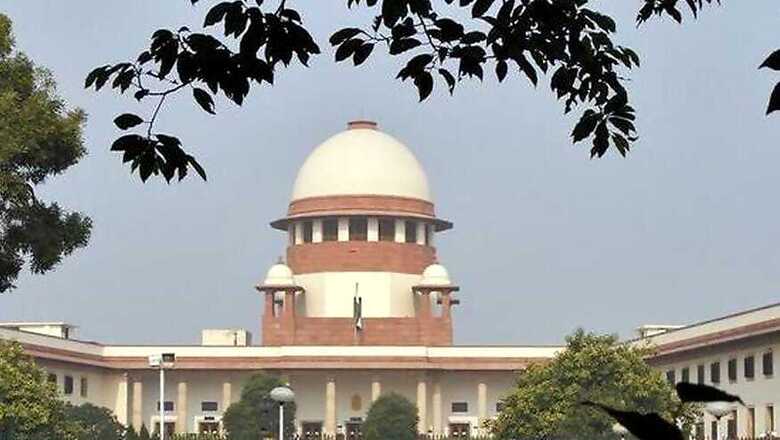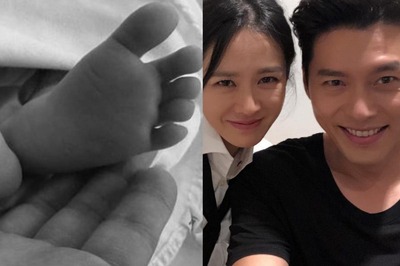
views
New Delhi: The Supreme Court on Tuesday held that even when a petition levels accusations against the Chief Justice of India, it is still the CJI who will decide which bench in the Supreme Court should hear the case.
According to the Court, it may amount to contempt to imply that the CJI will assign it to the judges who will not pass any order against him.
"This Court has laid down that when imputations were made against the Chief Justice, it is the prerogative of the Chief Justice to constitute the Benches and assign judicial business, and it would not hinge on the whim of the litigant," said a three-judge bench headed by Justice R K Agrawal.
The Court cited a 1996-judgment that laid down: "On appointment by the President by a warrant and on his taking oath of office, the CJI becomes entitled to discharge the functions and duties of that office, including constitution of benches and assignment of judicial work to judges as per procedure."
Relying on this judgment in DC Saxena's case, the Court said that it is the "duty" of the Chief Justice to assign judicial work to brother judges.
"By doing so, he did not become a judge in his own cause," said the bench, and it added: "It is contempt to imply that the Chief Justice would assign it to a bench which would not pass an order adverse to him."
Not just with reference to the CJI, the Court noted that "it is also contempt to imply that the Judges would be so amenable to comply that the bench which heard the second writ petition could not have heard it."
The bench added there is no conflict of interest in matters where a petition alleges that somebody has been seeking money to influence a case being heard by a particular judge. The judge should instead take cognisance and punish such unscrupulous persons after an inquiry, it said.
"Such things cannot be ignored and recusal of a Judge cannot be asked on the ground of conflict of interest, it would be the saddest day for the judicial system of this country to ignore such aspects on the unfounded allegations and materials," said the bench, also comprising Justices Arun Mishra and A M Khanwilkar.
The order came as the bench dismissed a PIL, which had sought an independent probe into a graft case that related to getting recognition for medical colleges. The CBI had arrested a former Orissa High Court judge in this case and the accusations were raised that bribes had exchanged hands to settle cases pending in the apex court.
The Court ruled upon the principle of recusal since petitioner's advocate Prashant Bhushan had sought recusal of the CJI in this case, contending since a bench headed by the CJI had been hearing MCI cases, he should not pass any order on administrative or judicial side.




















Comments
0 comment